What is an oral history interview and how is it different from other interviews? If DNA holds a person’s genetic characteristics, how do you successfully capture the experiences that have shaped them?
Whether you are interested in preserving family history or recording the stories of those you’ve not yet met, this two-hour workshop will give you the tools to conduct an oral history interview. We will discuss how to best prepare for an interview and what you should - and should not - say beforehand. You will learn how to ask questions that will elicit thoughtful responses and develop the active listening skills that are critical to a successful interview. We will also explore a range of options for distribution, from properly preserving the interview for a family archive, to editing interviews for a podcast or other media that have the potential to reach a wider audience.
PRICING
The cost of this two-hour workshop is $50 for non-members and $40 for members of the Podcast Garage or members of the Harvard Ed Portal (i.e. any Allston-Brighton resident). Sign up below!
We're offering scholarships for this workshop. Learn more here.
ABOUT THE INSTRUCTOR
Ann Fessler is an author, filmmaker, installation artist, and educator. Many of her creative projects have been based on the 100+ oral history interviews she conducted with women who lost children to adoption in the 1950s, 60s, and early 70s, when “nice girls” didn’t get pregnant. Her documentary film A GIRL LIKE HER, which combines archival footage with the voices of the women she interviewed, was honored at film festivals internationally, and subtitled in five languages. Her book, The Girls Who Went Away, (Penguin Press, 2006) was chosen as one of the top five non-fiction books by the National Book Critics Circle and was awarded the Ballard Book Prize, given annually to a female author who advances the dialogue about women’s rights. She is currently teaching Audio Storytelling at Rhode Island School of Design, where she has taught for the past twenty-four years.
Our programming is supported in part by an award from the National Endowment for the Arts. To find out more about how National Endowment for the Arts grants impact individuals and communities, visit www.arts.gov.


